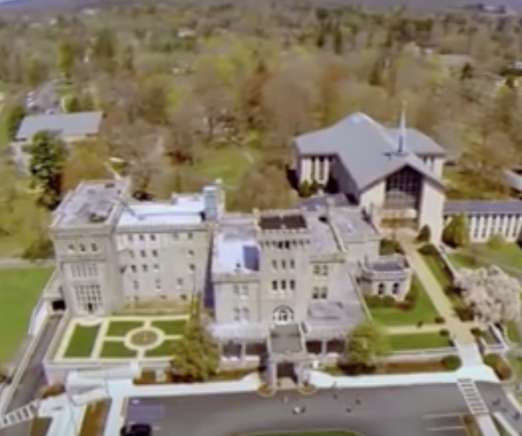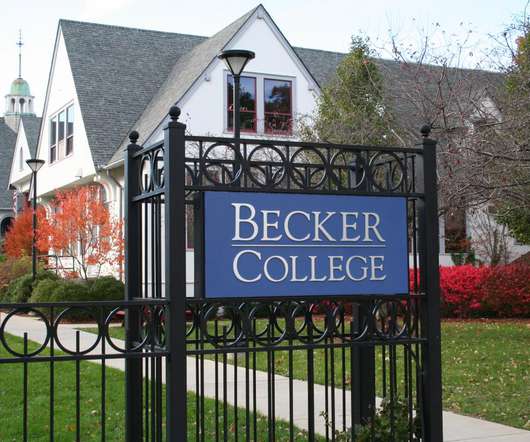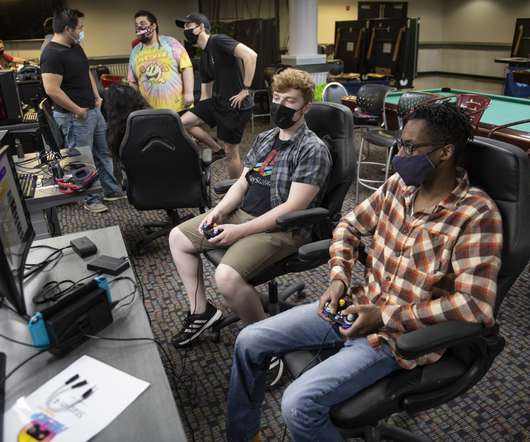New Survey Data Shows Support for Increasing Medical Research Funding
Inside Higher Ed
JUNE 30, 2025
Generic prompts give students autonomy and flexibility to expand their ideas’ Opening doors to computer science education ‘Creativity is a practice, not an astonishing stroke of good luck’ How can Jenga build course co-creation? Advertisement Want articles like this sent straight to your inbox ?


















Let's personalize your content